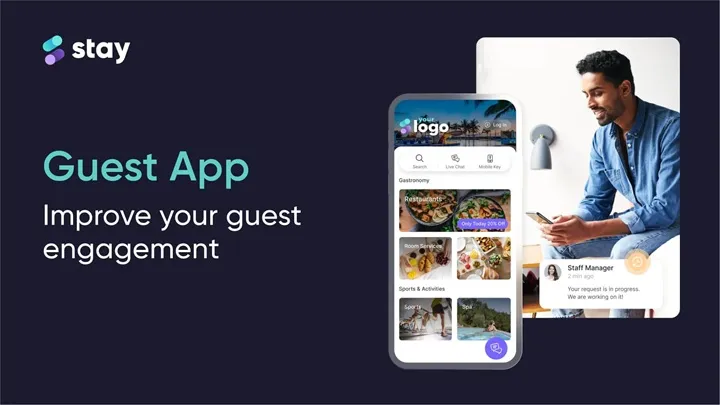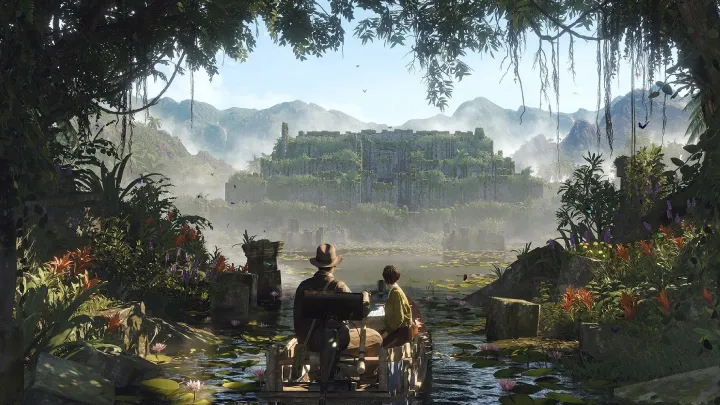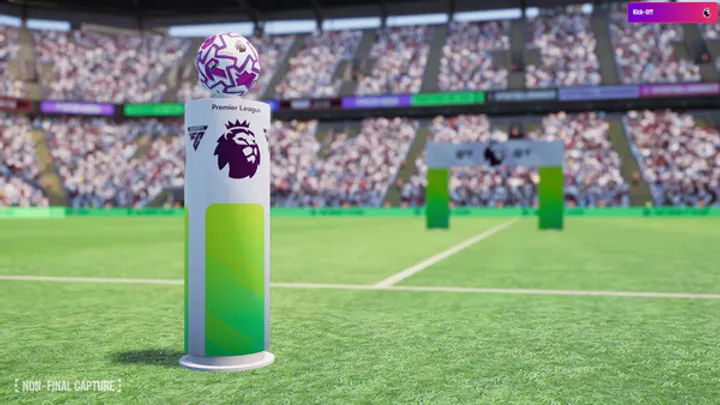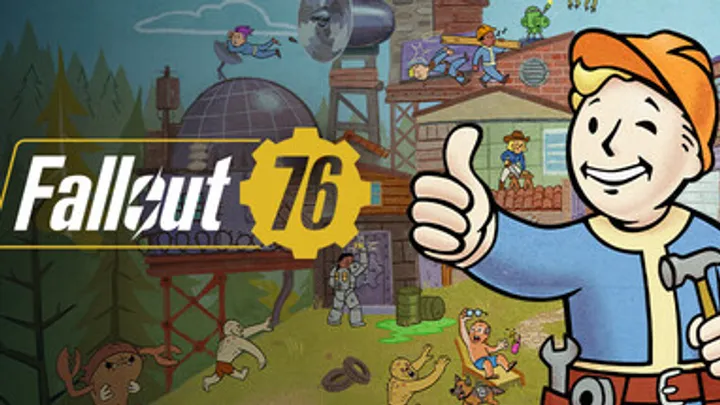Mobile gaming has come a long way from the days of Snake and Tetris. Today’s smartphones are capable of delivering console-quality experiences that rival PC and console platforms. With powerful processors, immersive graphics, and always-connected social systems, mobile games have become a serious pillar of the gaming industry.
In this article, we’ll explore five mobile games that didn’t just dominate app stores — they redefined what it means to game on the go. Each of these titles transformed mobile gaming culture, gameplay design, and the way millions connect through virtual worlds.
1. Genshin Impact — Open-World Brilliance in Your Pocket
A Console-Level Experience on Mobile
When Genshin Impact launched in 2020, it stunned the world. Developed by HoYoverse, it brought a full 3D open-world experience to mobile, something that once seemed impossible. Players could roam vast landscapes, glide through mountains, and explore intricate cities — all from their smartphones.
Cross-Platform Freedom
One of Genshin Impact’s greatest achievements is its seamless cross-play system between mobile, PC, and consoles. Players can switch devices at will without losing progress, setting a new standard for cross-platform gaming.
A Revolution in Gacha Systems
The game also reinvented the gacha system. By blending an engaging narrative with strategic character collection, it made pulling for characters feel rewarding instead of exploitative. This model influenced countless RPGs that followed.
2. PUBG Mobile — The Birth of the Battle Royale Boom
Redefining Competitive Mobile Gaming
When PUBG Mobile dropped in 2018, it brought the battle royale genre to mobile in full force. 100 players parachuting onto an island, scavenging for weapons, and fighting to be the last one standing — all in real time — was a thrilling first for handheld gaming.
Optimized for Every Device
Tencent’s technical expertise ensured smooth performance on both high-end and budget phones. This democratized esports participation, letting players in any region compete on equal footing.
Cultural Phenomenon
PUBG Mobile didn’t just dominate the charts; it reshaped how gamers interact. From live tournaments to YouTube streams, it created a social ecosystem around mobile gaming. For many, it was the first “serious” mobile title worthy of professional play.
3. Clash of Clans — The Strategy Game That Built an Empire
A Decade of Dominance
Since its 2012 release, Clash of Clans by Supercell has been a cornerstone of mobile strategy. Its town-building mechanics, resource management, and clan warfare blended perfectly into bite-sized mobile sessions.
Community and Collaboration
The introduction of Clans was a turning point. It wasn’t just about building bases; it was about teamwork, coordination, and real-time cooperation. The social aspect turned what could have been a solo strategy game into a global multiplayer empire.
The Birth of the Supercell Model
Supercell’s business model — quality over quantity, with a small roster of well-maintained games — became a case study in mobile success. Clash of Clans proved that consistent updates and community listening could sustain engagement for over a decade.
4. Among Us — Social Deception Meets Viral Success
The Game That Took Over the Internet
Originally released in 2018 by InnerSloth, Among Us didn’t achieve massive fame until 2020, when streamers and lockdown communities discovered it. The result? A worldwide explosion of memes, livestreams, and millions of downloads.
Simple Yet Addictive Gameplay
Its success stemmed from simplicity — easy mechanics combined with psychological tension. Players worked together to complete spaceship tasks, while impostors secretly sabotaged and eliminated crewmates.
Cultural Impact
The game transcended gaming itself. “Sus,” “impostor,” and “emergency meeting” became part of everyday language. It highlighted how social interaction and humor could drive engagement more powerfully than graphics or tech.
5. Mobile Legends: Bang Bang — Esports on the Small Screen
MOBA for the Masses
Mobile Legends: Bang Bang turned the complex MOBA genre into an accessible experience for mobile. Quick matches, simplified controls, and intuitive hero designs made it a hit across Southeast Asia and Latin America.
A New Era for Mobile Esports
Its professional circuit, the MLBB Professional League (MPL), helped shape one of the biggest mobile esports scenes in the world. The game’s tournaments fill stadiums, attract sponsors, and turn players into celebrities.
Community-Driven Longevity
Frequent hero reworks, balance updates, and fan-driven events keep the community alive. MLBB has become more than a game — it’s a cultural identity for millions of mobile gamers.
6. How These Games Changed Mobile Design Forever
Graphical Evolution
These titles proved that mobile devices could handle console-grade visuals. From Genshin Impact’s lush landscapes to PUBG Mobile’s 3D realism, the visual bar was raised permanently.
User Interface Revolution
Developers learned to simplify controls without losing depth — turning touchscreens into functional battlegrounds and crafting stations. This UI evolution paved the way for future complex genres on mobile.
7. Monetization and Accessibility
Fairer Models
Unlike older pay-to-win systems, most of these games introduced monetization that emphasized cosmetics or gacha pulls rather than raw power. This shift created a healthier competitive environment.
Global Reach
Because these games run on mid-range hardware and use free access models, they’ve connected billions across regions that previously lacked access to mainstream gaming.
8. Community and Culture
Building Global Connections
Games like Among Us and MLBB fostered communities where players across languages and cultures could interact. Discord servers, Reddit groups, and fan art communities flourished.
Streaming and Content Creation
These titles became staples of Twitch, YouTube, and TikTok — giving rise to mobile gaming influencers and changing how game marketing operates.
9. The Technical Leap Behind the Scenes
Engine and Optimization
From Unreal Engine to Unity, developers used optimized pipelines to balance visuals and performance. PUBG Mobile and Genshin Impact are showcases of how scalable engines can adapt to millions of devices.
Cross-Platform Sync
Cloud saves, unified accounts, and multi-device play have become expected features. Mobile no longer means “inferior” — it means “flexible.”
10. The Future of Gaming on the Go
AR, AI, and Cloud Play
With the rise of AR technology and cloud streaming, mobile gaming is set to go beyond physical limitations. Titles like Pokémon GO hinted at what’s coming next — immersive, location-based experiences enhanced by AI.
The Next Generation of Players
For Gen Z and Gen Alpha, mobile isn’t an alternative — it’s the main platform. The success of these five titles ensures that developers will continue pushing the boundaries of what’s possible in your pocket.
Conclusion
From the sprawling worlds of Genshin Impact to the chaotic teamwork of Among Us, mobile gaming has evolved into a force that redefined entertainment on the go. These five titles changed how we see smartphones — not just as communication tools, but as portals to entire universes.
Mobile gaming is no longer casual. It’s competitive, cinematic, social, and global. And with technology accelerating faster than ever, the next generation of mobile games might not just redefine gaming on the go — they might redefine gaming itself.

















